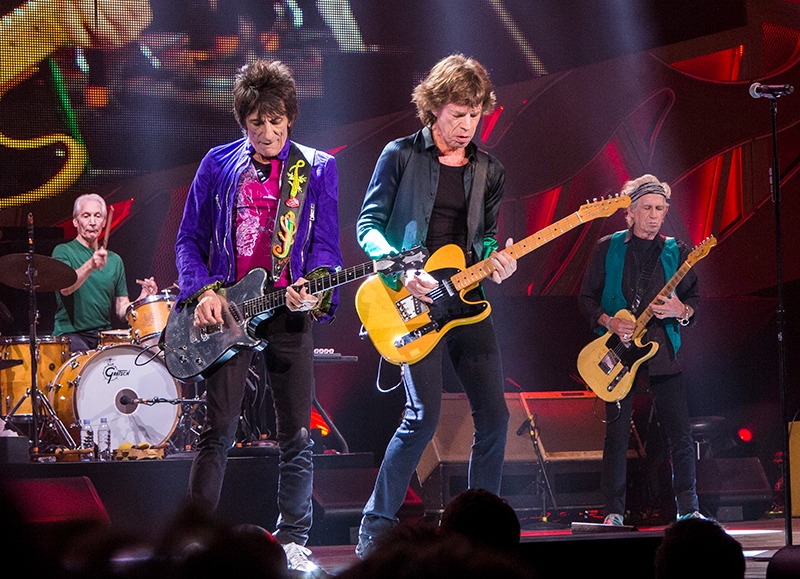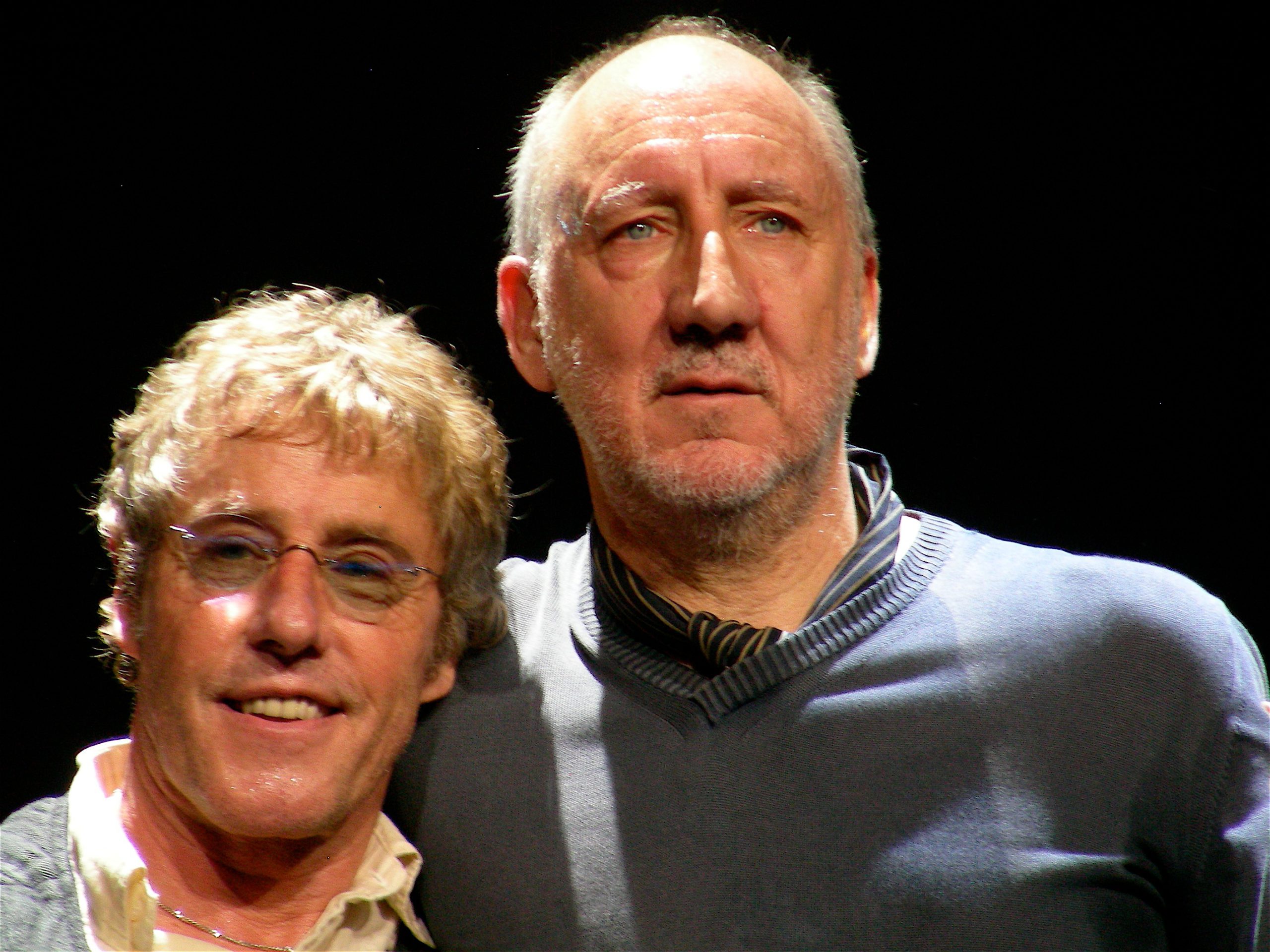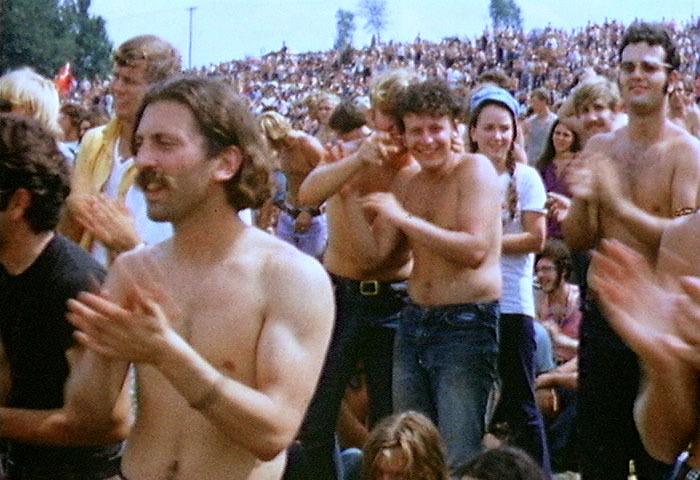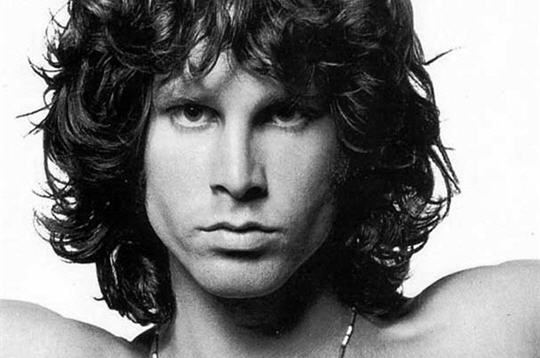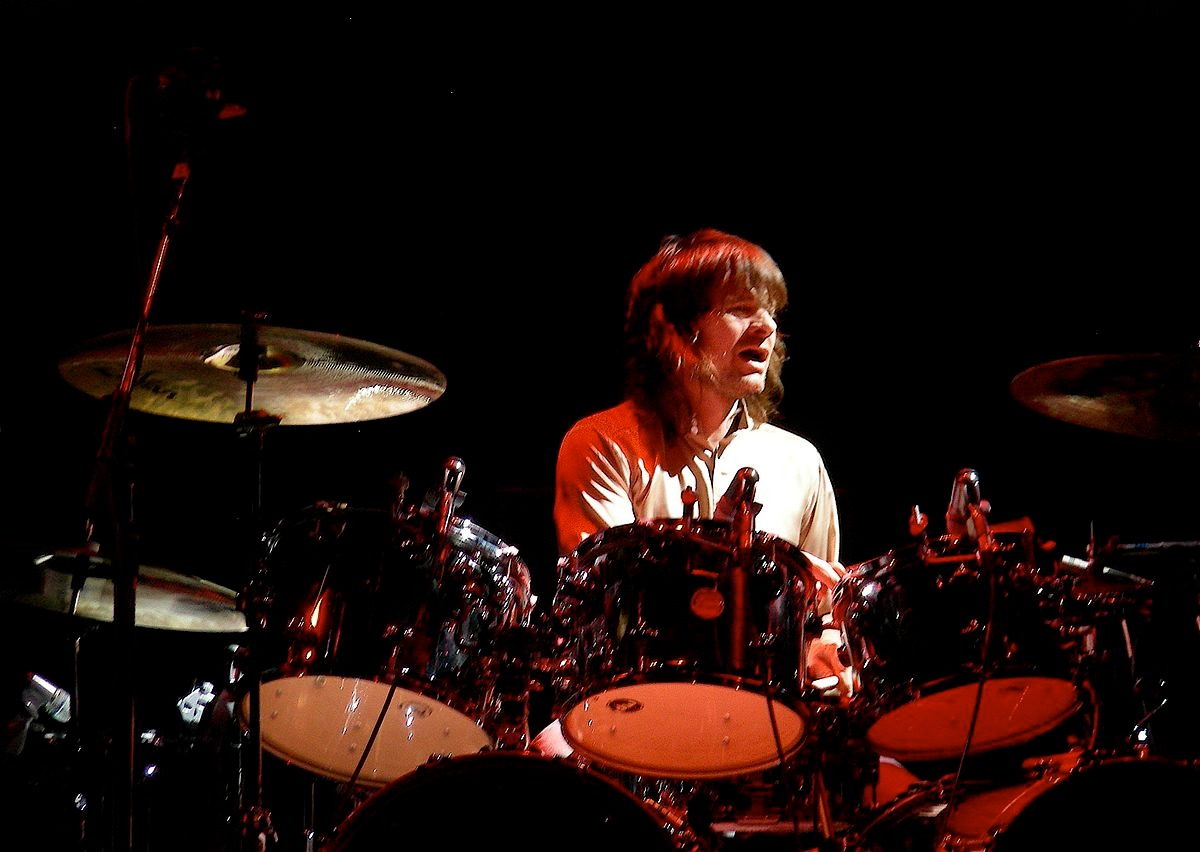Four months after Woodstock promised peace and love, the Rolling Stones decided to throw their own free festival. What could go wrong? Everything, as it turned out. December 6, 1969, at Altamont Speedway became rock’s darkest day—a cautionary tale that reads like someone fed Murphy’s Law through a Marshall stack and cranked it to eleven.
When $500 in Beer Becomes Your Security Budget
The Hells Angels weren’t hired as security—they were paid in alcohol to be crowd control.
The warning signs flashed neon from the start:
- A speedway secured days before the show
- A stage built four feet off the ground with no barriers
- The Hells Angels motorcycle club handling “security” in exchange for $500 worth of beer
You know that friend who thinks tequila shots are a solid foundation for decision-making? Imagine giving them pool cues and telling them to manage 300,000 people. This wasn’t crowd control—it was a recipe for violence that started early and escalated throughout the day.
Jefferson Airplane’s Marty Balin got knocked unconscious on stage. The Grateful Dead, who helped organize the event, took one look at the chaos and withdrew before their set. When the Dead abandon ship, you know you’re sailing toward disaster.
Under My Thumb, Under the Knife
Meredith Hunter’s murder during the Stones’ set became rock’s most infamous tragedy.
The Rolling Stones finally took the stage as darkness fell, the crowd pressed against that ridiculously low platform like a human tsunami. During “Under My Thumb”—the song’s title now carrying sick irony—eighteen-year-old Meredith Hunter approached the stage and was pushed back by Angels. He returned holding a gun. Then Alan Passaro’s knife found Hunter’s back.
The Maysles brothers caught it all on film for their documentary Gimme Shelter. Four people died that night—Hunter’s murder, two hit-and-run victims, one drowning. The footage would later acquit Passaro on self-defense grounds, but the damage to rock’s utopian dreams was irreversible.
The Day the Music Died (Again)
Altamont didn’t just end badly—it ended an entire cultural moment.
Altamont became the anti-Woodstock, proof that peace and love had expiration dates. The festival that was supposed to celebrate the counterculture instead buried it under violence, chaos, and death. Like watching your favorite band sell out to a jingle company, it revealed ugly truths about human nature when the spotlight dims.
The “Altamont curse” now shadows every music fest tragedy, from The Who’s Cincinnati stampede to Astroworld’s crowd surge. That speedway in Tracy, California didn’t just host one disastrous concert—it wrote the playbook for everything that can go wrong when organizers prioritize vibes over safety.


